Israeli bombs rained down once again across Gaza on Tuesday after Israeli Prime Minister Benjamin Netanyahu ordered his military to “immediately carry out powerful strikes,” in the most serious challenge to the current ceasefire agreement to date.
The bombing killed at least 13 people, according to Gaza officials. It came just four days after Secretary of State Marco Rubio toured a new U.S. military base in Israel, a rare deployment of U.S. forces meant to signal that President Donald Trump was serious about maintaining the end to the bombardment of Gaza.
“There is no plan B,” Rubio said on the tour, rebuffing an Israeli reporter’s question of whether Israel needed Trump’s permission before resuming its attacks on Gaza. “This is the best plan, it’s the only plan, it’s one that we think can succeed.”
According to The Associated Press, Israel notified the Trump administration before conducting Tuesday’s strikes — presenting the question of whether the U.S. would hold Netanyahu accountable for the latest round of ceasefire violations.
“All eyes now are going to be on Washington,” said Yousef Munayyer, head of the Palestine/Israel Program at Arab Center Washington DC. “Would they really be a referee that calls balls and strikes fairly? Or were they just there for decoration and were they just going to allow the Israelis to get away with murder, as they always have?”
Speaking to reporters on Tuesday, Vice President JD Vance signaled that they would opt for the latter. He described the attacks as “little skirmishes here and there” and said that “the ceasefire is holding.”
“We know that Hamas or somebody else within Gaza attacked an [Israeli military] soldier,” Vance said. “We expect the Israelis are going to respond, but I think the president’s peace is going to hold despite that.”
Israel’s strikes on Tuesday mostly targeted Gaza City, including the courtyard of the al-Shifa Hospital, the Strip’s largest medical complex, and apartment complexes throughout the city, according to Al-Aqsa TV, a station run by Hamas. Other strikes hit Khan Younis and Deir al-Balah. Among the 13 killed in the attacks were civilians and a child, Al-Aqsa reported.
Israeli officials claimed Tuesday that Hamas fighters had fired on Israeli soldiers in southern Gaza, while Hamas denied responsibility for the attacks.
It was the latest of several instances in which the Israeli government pushed the notion that Hamas was the one in violation of the ceasefire agreement. Israeli officials have accused Hamas of intentionally delaying the return of the remains of Israeli hostages, a claim on which even the U.S. has cast doubt. Speaking to reporters on his own visit to the new U.S. base in Israel last week, Vance urged “a little bit of patience,” citing the difficulty of uncovering bodies buried under tons of rubble of destroyed buildings.
The International Committee of the Red Cross, which is assisting and overseeing the return of hostages, continues to work with Hamas’s search crews — though the group issued a statement on Tuesday reacting to drone footage Israel released, which it purports to show Hamas reburying hostage remains to stage a recovery for the Red Cross. The video and the claim have not been independently verified. The Red Cross said it was “raising its concerns directly with the parties” and called on both sides to follow international humanitarian law while handling remains. Many of the Palestinian bodies returned by Israel, meanwhile, have shown signs of abuse and torture.
Hamas returned all living Israeli hostages within the required 72 hours and has since returned the remains of 15 of the 28 deceased Israelis. The ceasefire deal included a stipulation that allowed Hamas leeway beyond the initial 72 hours to continue its search for the remaining bodies, as long as it continues to communicate with the Red Cross.
“They want Palestinians to do anything to react just to complete their mission.”
Meanwhile, the Israeli government has gone to lengths to undermine the peace process. Israel is still limiting the amount of humanitarian aid to enter Gaza; it has continued to block the Rafah border, an essential crossing for aid transfers; and it has continued a range of attacks on Palestinians, including a wave of airstrikes on October 19 that killed at least 26 Gazans, including civilians. One of the attacks struck a school sheltering displaced families in Nuseirat. Israel has also continued to demolish large swaths of city infrastructure within the more than 50 percent of the Strip that remains under its military control. Beyond Gaza, Israel has conducted mass military raids and an airstrike in the West Bank, where daily settler violence against Palestinians continues unabated.
“They are trying to push the Palestinians to react,” said Ramy Abdu, chair of Euro-Mediterranean Human Rights Monitor, a watchdog that has tracked Israel’s targeting of civilians in Gaza. “This is their strategy, they want Palestinians to do anything to react just to complete their mission.”
Abdu said he thinks Israel was never serious about holding to the ceasefire agreement but rather has looked for reasons to resume its attacks. On Tuesday, Israel’s far-right National Security Minister Itamar Ben-Gvir claimed that Hamas “continues to play games” in a social media post on X, calling on Netanyahu to resume the bombing.
“If Israel has the genuine intention to bring their hostages back, then it will facilitate every effort to get them back, not articulating these kinds of stories and fabricated images,” Abdu said.
Hamas, for its part, maintains it is committed to upholding the deal and has accused the Israelis of barring entry to teams and heavy machinery to complete the digging.
Israel’s resumed aggression fits into a pattern that we’ve seen before, Munayyer added. During previous ceasefires in November 2023 and this January, Israel retrieved as many hostages as it could to soften blowback from its citizens, then restarted attacks on Gaza, Munayyer pointed out.
And while the U.S. is the major player, it’s not the only one with sway. Leading up to the ceasefire deal, the European Union and several major Western countries — the United Kingdom, France, Canada, and Australia — began to threaten Israel with sanctions or the formal recognition of a Palestinian state if it did not halt its genocide, likely responding to mass protests from their citizens.
“The Israelis are now trying to create a narrative that Hamas violated the ceasefire and therefore the agreement’s off,” Munayyer said. “Is the international community going to buy that?”

 German (DE)
German (DE)  English (US)
English (US)  Spanish (ES)
Spanish (ES)  French (FR)
French (FR)  Hindi (IN)
Hindi (IN)  Italian (IT)
Italian (IT)  Portuguese (BR)
Portuguese (BR)  Russian (RU)
Russian (RU) 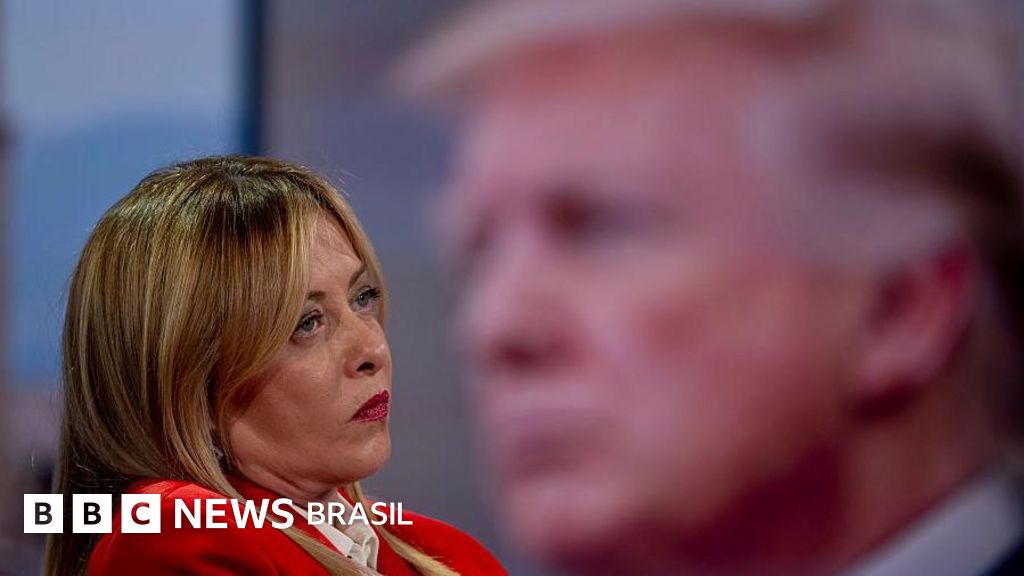





:strip_icc()/i.s3.glbimg.com/v1/AUTH_59edd422c0c84a879bd37670ae4f538a/internal_photos/bs/2023/l/g/UvNZinRh2puy1SCdeg8w/cb1b14f2-970b-4f5c-a175-75a6c34ef729.jpg)
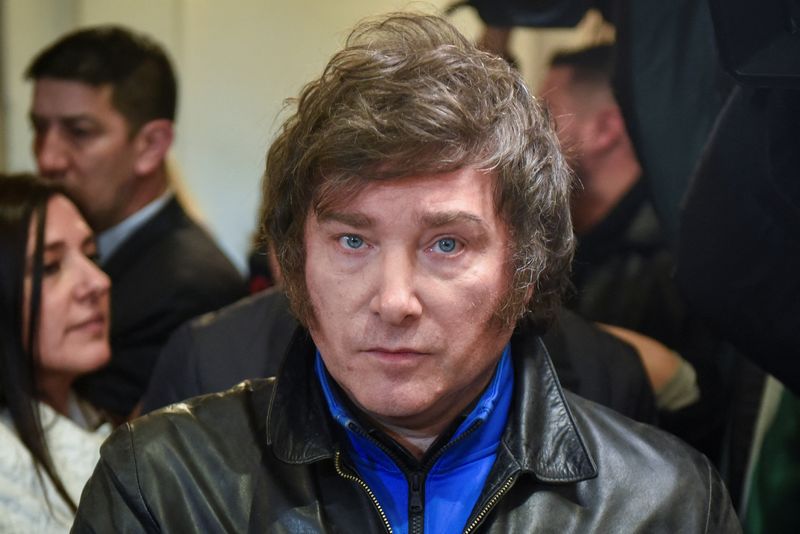


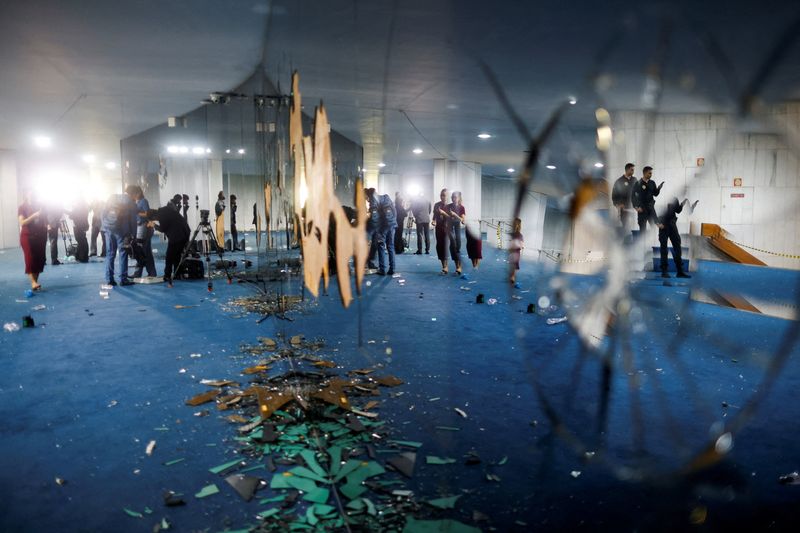


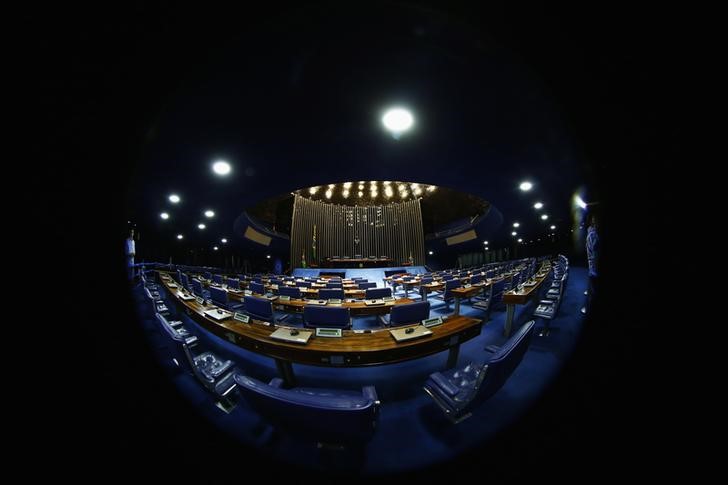
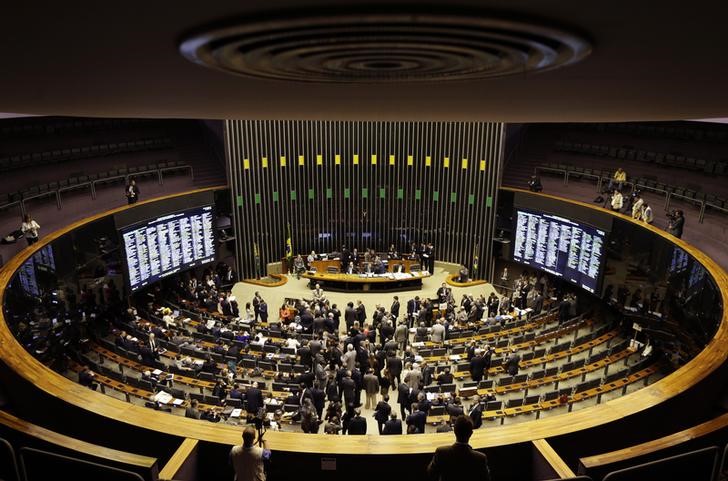


Comentários
Aproveite ao máximo as notícias fazendo login
Entrar Registro